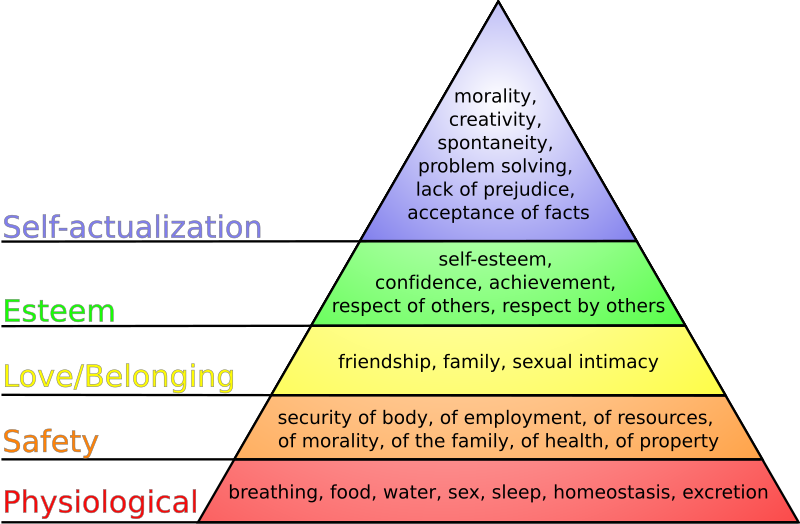Hello!
I was going through the blog and I noticed that we
haven’t really touched on one of the most interesting themes (by interesting I
actually mean cool! But cool is too informal.) of the early 20th
century: SCIENCE FICTION! (cue 2001: A Space
Odyssey score)
Jonathan Swift’s Gulliver’s
Travels is considered the first truly scientific work of literary fantasy,
along with Voltaire’s Micromégas (1752)
and Kepler’s Somnium (1620-30). In
fact, authors (and also awesome brainiacs) Carl Sagan and Isaac Asimov call
Kepler’s narrative the first work of science fiction.
In the 19th century, Mary Shelley’s Frankenstein and The Last Man, along with Edgar A. Poe’s story about a trip to the
moon helped define the form of the science fiction novel. In the second half of
the century, Jules Verne (one of the gods in my pagan temple) earned the title
of “Father of Science Fiction” (a title shared with H.G. Wells – yet another
god in my temple – and Hugo Gernsback, founder of the pioneering sci-fi
magazine Amazing Stories – the famous Hugo Awards, presented annually by the World
Science Fiction Society (WSFS) have been named after this guy) with works like Twenty Thousand Leagues Under the Sea, Journey to the Centre of the Earth, From the Earth to the Moon and Around the Moon.
However, the early 20th century was the
period when sci-fi started to be recognized as an actual literary genre with
two very important sci-fi authors: H.G.Wells and Edgar Rice Burroughs.
American author Edgar Rice Burroughs (September 1,
1875 – March 19, 1950) was the creator of a number of series depicting life on
other planets, namely Venus (starting with Pirates
of Venus in 1934) and Mars (who hasn’t heard of John Carter of Mars?), but also at the Earth’s core, such as the
Pellucidar Series. His most famous series are the Barsoom Series (starting with
Princess of Mars in 1912 and ending
with John Carter in 1964) and the
Tarzan Series (starting with Tarzan of
the Apes in 1912 and ending with Tarzan
and the Castaways in 1965). He was inducted into the Science Fiction Hall
of Fame in 2003.
H.G. Wells (21 September 1866 – 13 August 1946) introduced
a new perspective into sci-fi literature, weaving together technological
advancement and socio-political views. His stories often come embedded with a
kind of warning to the human perpetual hunger for progress and control over
nature (The Island of Doctor Moreau
being the most flagrant example in this particular case). Wells dubbed himself
a socialist (for a while he was a member of the Fabian Society) and his views
as such are reflected in the stories he wrote: class and inequality are present
in The Time Machine, where humanity
is divided into two groups, the rich, who have reverted back to a natural state
as childlike adults (Eloi=leisured classes), and the ape-like troglodytes who
live in darkness underground and surface only at night (Morlocks=working class).
Men
Like Gods (1923) features a utopia located in a parallel
universe, where Marxism is denounced and wireless internet is described. The Shape of Things to Come (1933) is
set between 1933 and 2106; in this book, Wells predicts the WWII breaking out
with a European conflagration from the flashpoint of a violent clash between
Germans and Poles at Danzig in January 1940 and establishes a world state as
the solution for mankind’s problems. Although Wells’ most famous works have
been written prior to the 20th century, he went on contributing to
science fiction until 1941, not just with fiction but also with non-fictional
books, thus earning a place in our class discussion.
H.G.Wells’ beliefs and their influence in his works is
a very interesting subject for those who are (like me) die-hard sci-fi worshippers.
Matters such as class, socialism, Zionism, Eugenics, world government, Darwinism
and evolution, can be spotted throughout most of his stories. I should warn H.G.Wells’
beginners that his books are not an easy read: they are very descriptive and
full of ideologies which may clash with common understanding. But they are
worth poring over.
…And don’t think you can learn as much by watching
Spielberg’s War of the Worlds. The only thing he managed to get right was the
tripod-shaped aliens.
Now go play some board games.
Don’t forget to be awesome,
Sara Santos.











